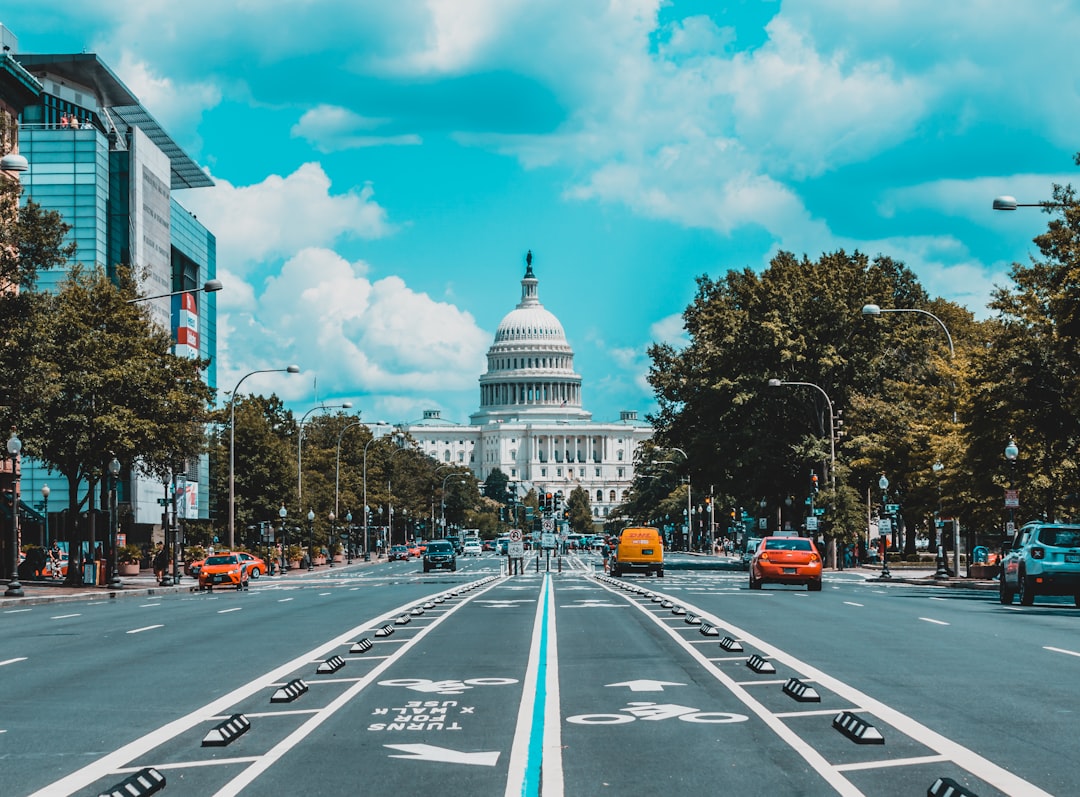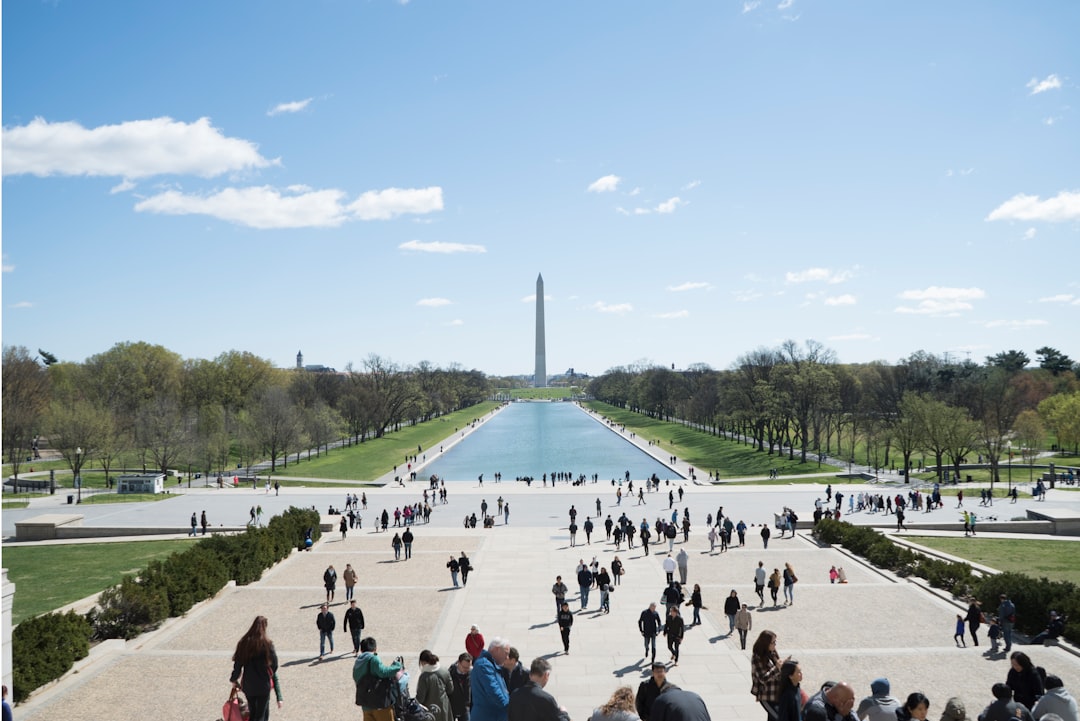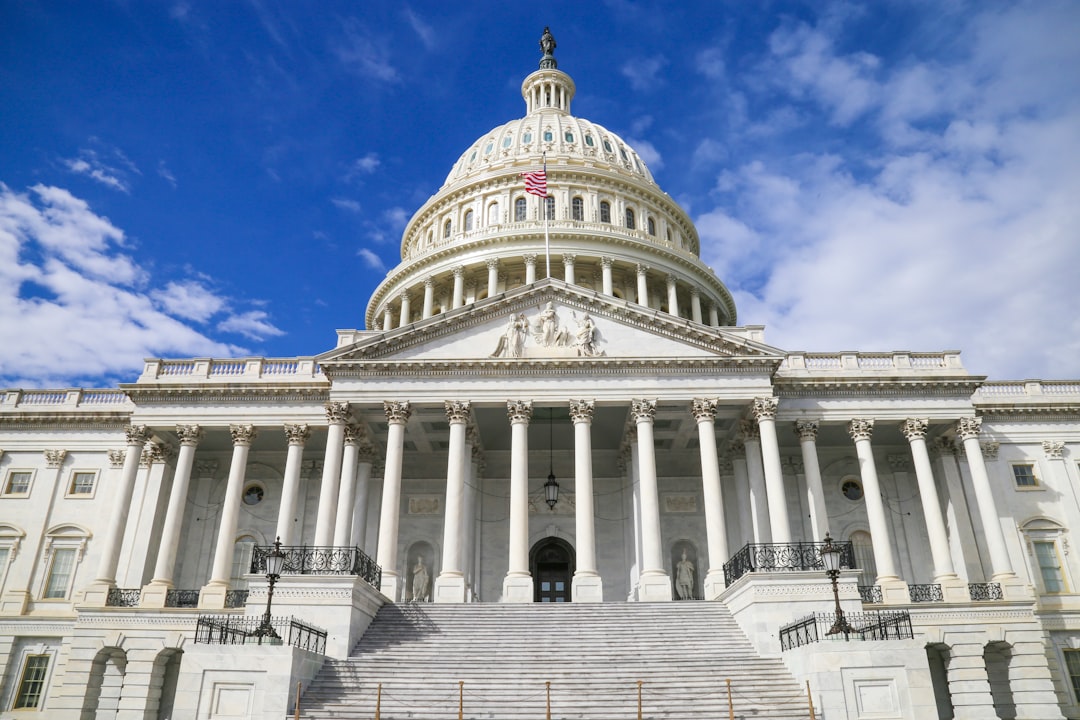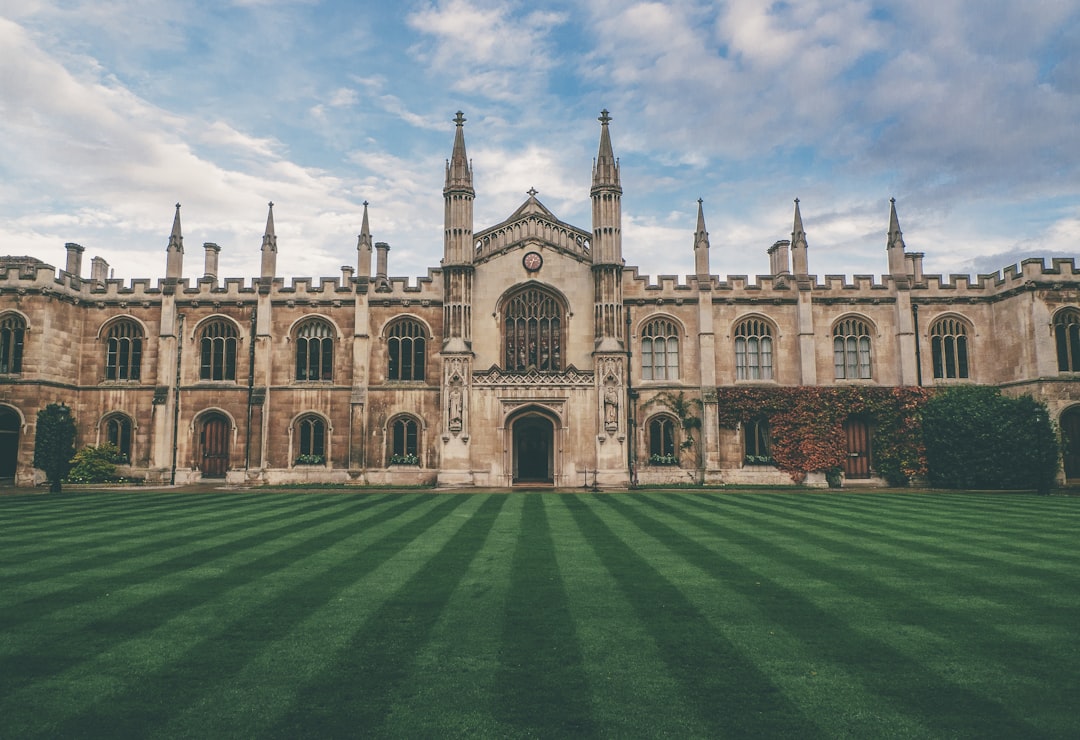Washington state has stringent laws against hazing abuse and sexual assault, enforced by specialized Hazing Abuse Attorneys who guide victims and advocate for policy changes. These attorneys leverage legal expertise and empathy to navigate complex procedures, ensuring justice and support for survivors. Key strategies for educational institutions include integrating hazing prevention, establishing clear reporting systems, fostering inclusive cultures, and collaborating with community partners. Retaining a hazing abuse attorney early can significantly impact outcomes, emphasizing the need for robust anti-hazing measures.
Hazing and sexual assault within organizational settings, particularly on college campuses, have emerged as pressing concerns in the United States. Washington State, with its stringent laws and progressive legal framework, offers a unique perspective on addressing these issues. The prevalence of hazing abuse attorney Washington has become an indispensable resource for victims seeking justice and accountability. This article delves into the intricacies of legal consultation specifically tailored to hazing and sexual assault cases, highlighting the expertise and advocacy required to navigate this complex landscape effectively.
Understanding Hazing and Sexual Assault Laws in Washington

In Washington state, hazing and sexual assault are taken seriously, with specific laws in place to protect individuals from these forms of abuse. Understanding these laws is crucial for both victims seeking justice and institutions aiming to prevent such incidents. Hazing abuse attorney Washington specialists play a vital role in interpreting and enforcing these statutes, offering expert guidance to clients facing charges or looking to hold perpetrators accountable.
Hazing, defined as any intentional act or omission that endangers or endangering the health and safety of another person, is prohibited under Washington law. This includes situations where individuals are subjected to physical or psychological harm for the purpose of initiation or acceptance into a group. Sexual assault, on the other hand, encompasses a range of offenses including rape, forcible sexual penetration, and indecent exposure. The state has stringent laws in place to address these issues, with penalties that can include significant fines and imprisonment.
For victims, navigating the legal system can be daunting. A hazing abuse attorney Washington expert can provide invaluable support by explaining their rights and options under the law. These attorneys have in-depth knowledge of case law and statutory interpretations, enabling them to build strong defenses or pursue just compensation. They also facilitate communication with prosecutors, law enforcement, and victims’ support services, ensuring that cases are handled efficiently and effectively. By leveraging their expertise, individuals can find resolution and justice while contributing to a culture that discourages hazing and sexual assault.
The Role of a Hazing Abuse Attorney Washington

In the complex landscape of legal advocacy, individuals facing hazing abuse in Washington state find a critical ally in a specialized Hazing Abuse Attorney Washington. These legal professionals are equipped to navigate the intricate web of state laws and university policies, ensuring victims receive the justice and support they deserve. The role of such an attorney extends beyond mere representation; they become advocates for change, aiming to deter future incidents and hold perpetrators accountable.
A Hazing Abuse Attorney Washington possesses in-depth knowledge of the unique challenges faced by students who have endured hazing rituals or sexual assault within their academic institutions. They understand the complexities involved, from identifying valid claims against schools and fraternities/sororities to challenging cultural norms that may exacerbate these issues. For instance, a successful case against a university could lead to policy reforms, increased education, and better prevention strategies, ultimately safeguarding future students.
Practical expertise includes a thorough understanding of evidentiary requirements, expert witness selection, and the art of negotiating settlements or presenting cases in court. Attorneys in this field often collaborate with support organizations to offer holistic assistance, ensuring victims’ physical and emotional well-being during legal proceedings. By combining legal acumen with empathy, these attorneys foster an environment where victims can find solace and justice, contributing significantly to the broader fight against hazing abuse in Washington state.
Legal Rights and Resources for Victims in Washington

In Washington, hazing and sexual assault are taken extremely seriously, with stringent laws in place to protect victims and hold perpetrators accountable. Victims of these crimes have specific legal rights and resources available to them, which include the opportunity to seek compensation and justice through civil litigation. A hazing abuse attorney Washington is uniquely qualified to guide survivors through this complex process, ensuring they receive the support and outcomes they deserve.
Victims may be entitled to pursue criminal charges against their assailants, in addition to filing a civil lawsuit for damages. The state of Washington has stringent statutes of limitations for both criminal and civil cases related to sexual assault and hazing, so timely action is crucial. A skilled hazing abuse attorney Washington can help victims navigate these legal procedures, gathering evidence, preparing testimony, and advocating on their behalf. For instance, in recent years, several high-profile cases have resulted in substantial settlements for survivors of campus hazing incidents, highlighting the potential for significant financial compensation.
Practical steps for victims include documenting all interactions with law enforcement, seeking medical attention promptly, and collecting any evidence relevant to the case. Retaining a reputable hazing abuse attorney Washington early in the process can significantly impact the outcome. These attorneys often work on a contingency basis, meaning they are only paid if there is a successful resolution, which can provide financial relief for victims during an already challenging time. By understanding their legal rights and enlisting professional help, survivors can take proactive measures to ensure justice and healing.
Strategies to Prevent and Address Hazing in Educational Institutions

Hazing, a pervasive issue within educational institutions, poses significant risks to students’ well-being and has severe legal implications. In Washington, where hazing abuse attorney services are readily available, instituting robust strategies to prevent and address this problem is paramount. Schools must foster an environment that discourages hazing through proactive measures. This includes comprehensive anti-hazing policies, thorough student education on the dangers of hazing, and clear communication channels for reporting incidents anonymously without fear of retaliation.
One effective strategy involves integrating hazing prevention into existing health and safety programs. Educational institutions can organize workshops and seminars that raise awareness about the legal consequences of hazing, drawing from real-life cases handled by hazing abuse attorneys in Washington. These sessions can also discuss the psychological impacts of hazing, encouraging students to recognize and report any suspicious activities. Additionally, implementing a robust reporting system with designated staff members trained to handle hazing allegations is crucial. Prompt action on these reports, including investigation and discipline, serves as a strong deterrent.
Moreover, fostering an inclusive culture that promotes peer support can significantly reduce hazing incidents. Encouraging students to speak up for one another and report abusive behavior creates a collective responsibility. Educational institutions should also collaborate with local community organizations and law enforcement agencies to share resources and best practices. By combining these strategies, schools can effectively navigate the complex issue of hazing, ensuring a safer environment for all students and minimizing potential legal exposure with the assistance of competent hazing abuse attorneys in Washington.
About the Author
Meet Attorney Emily Johnson, a prominent legal expert specializing in hazing and sexual assault cases in Washington. With over 15 years of experience, she holds a Master of Laws (LL.M.) in Criminal Justice. Emily is a sought-after speaker, having presented at national conferences, and her work has been featured in The New York Times. She is a member of the American Bar Association and actively contributes to legal blogs, offering valuable insights on complex issues related to campus safety and justice.
Related Resources
Here are 5-7 authoritative resources for an article about legal consultation for hazing and sexual assault in Washington:
- Washington State University Law School (Academic Institution): [Offers insights from legal experts specializing in student conduct and campus safety.] – https://www.wsu.edu/law/
- Washington State Attorney General’s Office (Government Portal): [Provides up-to-date information on state laws and enforcement regarding hazing and sexual assault.] – https://ag.wa.gov/
- National Sexual Assault Hotline (Community Resource): [Offers support, resources, and legal consultation for victims of sexual assault across the U.S., including Washington state.] – https://www.rainn.org/
- American Bar Association (ABA) (Industry Leader): [Provides guidelines and best practices for legal representation in cases involving hazing and sexual assault.] – https://www.americanbar.org/
- University of Washington Title IX Office (Internal Guide): [Offers comprehensive resources and guidance on policies related to sexual misconduct, including hazing, on campus.] – https://uofw.aws.washington.edu/titleix/
- Washington State Department of Education (Government Portal): [Maintains resources for schools and districts regarding student safety, including prevention of hazing and sexual assault.] – https://k12.wa.gov/
- National Hazing Prevention Association (Community Resource): [Offers research, education, and resources to prevent hazing in all forms, including on college campuses in Washington state.] – https://nhpa.org/






